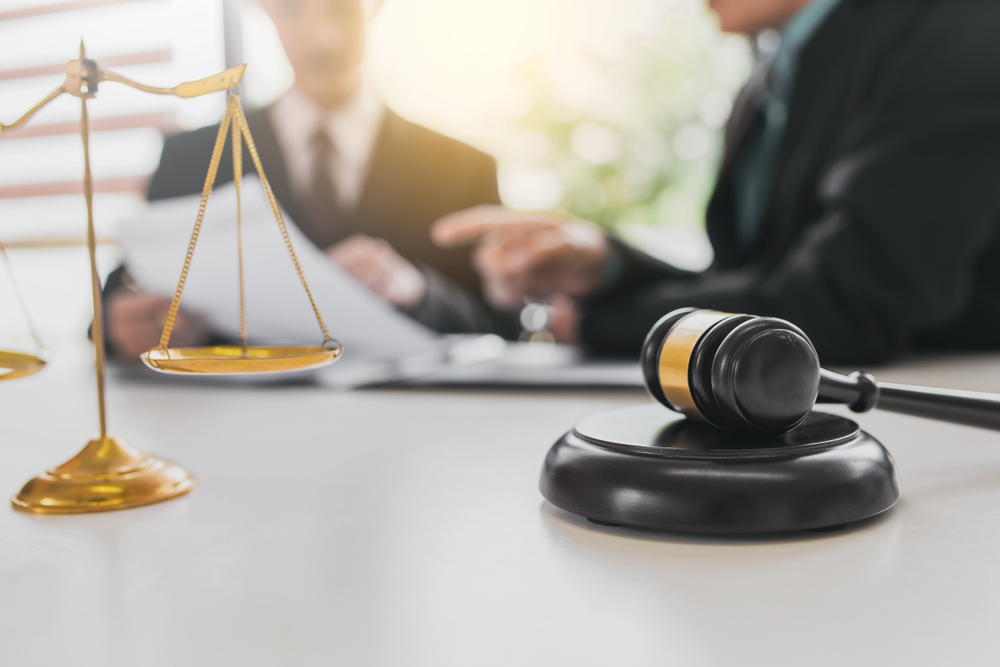How to Prove Legal Malpractice in Texas: Key Evidence and Expert Testimony Requirements
Legal Malpractice

Winning a Texas legal malpractice lawsuit is all about admissible proof. Texas courts insist on (1) authentic documents that reveal duty, breach, causation, and monetary loss and (2) persuasive qualified-opinion testimony under Rule 702. Fail either test and the claim dies on summary judgment. Get a no-charge file review from the best legal malpractice lawyers Houston TX and preserve critical evidence before it goes missing.
1. Authenticity
Every engagement letter, billing entry, and docket stamp must be traceable to its source. Texas Rule of Evidence 901 demands a showing that records are what they purport to be—often through custodian affidavits or business-records declarations. Forged or incomplete exhibits will be stricken, leaving plaintiffs with no duty proof. Legal malpractice lawyers routinely subpoena native-format e-mails to satisfy this threshold.
2. Relevance & Materiality
A document may be authentic yet still inadmissible if it fails Rules 401–403. Show how the item proves breach or damages, not merely background. For example, an unfiled motion stamped “Draft” matters only if the missing filing blew a limitations deadline. A legal malpractice attorney links each exhibit to a specific jury question to survive Rule 403 balancing.
3. Privilege & Work-Product Waiver
Plaintiffs cannot use privileged emails obtained outside proper channels. Courts may bar them under Rule 502, even against the lawyer-defendant. Secure materials through formal discovery or client-owned files, not data dumps. Texas legal malpractice attorneys frequently file protective-order motions to ensure privileged communications stay admissible yet confidential.
4. Qualification
Texas Rule of Evidence 702 permits opinion testimony only from witnesses “qualified by knowledge, skill, experience, training, or education.” The Supreme Court stressed in Alexander v. Turtur & Associates that jurors depend on such testimony to gauge attorney performance. Look for Board Certification, substantial trial history, and familiarity with the underlying practice area. Listing these credentials in a Rule 194.4 disclosure locks in admissibility and blunts motions to strike.
5. Reliability
Texas adopted the federal Daubert framework in E.I. DuPont v. Robinson; courts assess methodology, underlying data, and error rates. A valuation analyst who guesses at lost-verdict value flunks the test, as Rogers illustrates. The malpractice attorney insists on fact-specific assumptions, peer-reviewed methods, and sensitivity analyses before putting any witness on the stand.
6. Causation
To show that counsel’s lapse—not a weak claim—caused loss, plaintiffs must recreate the underlying matter. Qualified witnesses explain how a timely motion, correct pleading, or conflict-free strategy would likely have produced a better result. The suit-within-a-suit doctrine, reaffirmed in Alexander, makes this link mandatory. Plaintiffs often need two opinion witnesses: one for legal duty and one for substantive damages.
7. Damages Opinions
Rule 703 allows an opinion based on facts “reasonably relied upon” by professionals. But Texas juries distrust round numbers. A finance professor can compute the “lost judgment value” with discount-rate tables and prior settlement data. Still, she must also show the underlying defendant’s solvency; otherwise, damages may be capped at “collectible” value only. That nuance often decides whether a legal malpractice attorney in Dallas can push past summary judgment.
8. Timely Disclosure
Texas now requires early exchange of witness resumes, opinions, and supporting materials. Miss the deadline and the court may exclude the testimony outright. Legal malpractice attorneys calendar every Rule 194.3 date when the petition is filed and update disclosures each time a witness supplements analysis, preventing an 11th-hour exclusion.
Winning Attorney Negligence Cases in Houston
Because Texas courts apply unforgiving authenticity, relevance, qualification, reliability, causation, and disclosure standards, proving attorney misconduct demands meticulous document control and finely honed professional-opinion testimony; The Kassab Law Firm uses Rule 702 compliance to turn breached duties into jury verdicts—secure your financial recovery with our seasoned malpractice attorneys and request a consultation today.
